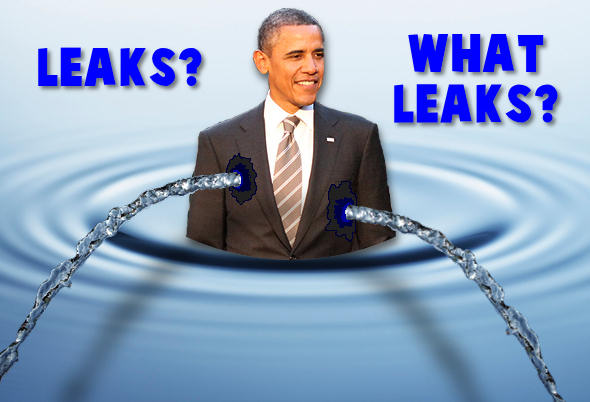
June 26, 2012
Recent headlines speak volumes about Director of National Intelligence James R. Clapper Jr.’s broken approach to national security:
The common thread in these articles is that the nation’s top intelligence official is placing all of the nation’s national security “eggs” (a.k.a., “intelligence”) into a basket full of holes when he relies upon the polygraph as a defense against leaking national security secrets to the news media.
Clapper’s approach continues the federal government’s long-running love affair with the polygraph and casts a spotlight on the willingness of high-ranking government officials to ignore decades of criticism aimed at the interrogation technology. Sadly, that spotlight has been “on” so long that many have forgotten about its presence and need a few reminders.
On March 8, 1994, The New York Times published Ronald Kessler’s article, Spies, Lies, Averted Eyes, in which he reported on a then-current CIA director’s stance toward the polygraph:
The day after the arrest of the accused spy Aldrich H. Ames was announced, the Director of Central Intelligence, R. James Woolsey, met with several hundred C.I.A. employees in the agency’s auditorium at Langley, Va. After recounting what employees already knew from the news media, Mr. Woolsey — whose address was seen on closed-circuit television by every C.I.A. employee — spent five minutes explaining why he himself had refused to take a polygraph test, as other recent directors had done. Besides the fact that political appointees are not required to take such tests, Mr. Woolsey said he remained “skeptical” about the polygraph’s effectiveness.
On Dec. 10, 1995, the Times published another article — this one written by Tim Weiner — in which former CIA Director John Deutch, was quoted as saying his agency’s“reliance on the polygraph is truly insane.”
On Sept. 29, 1997, another big name — Dr. Drew Campbell Richardson, a supervisory special agent at the FBI crime laboratory — testified before the U.S. Senate Committee on the Judiciary Subcommittee on Administrative Oversight and the Courts on the topic of the polygraph. Among the bombshells Richardson dropped were the following:
1. It is completely without any theoretical foundation and has absolutely no validity. Although there is disagreement amongst scientists about the use of polygraph testing in criminal matters, there is almost universal agreement that polygraph screening is completely invalid and should be stopped. As one of my colleagues frequently says, the diagnostic value of this type of testing is no more than that of astrology or tea-leaf reading.
2. If this test had any validity (which it does not), both my own experience, and published scientific research has proven, that anyone can be taught to beat this type of polygraph exam in a few minutes.
3. Because of the nature of this type of examination, it would normally be expected to produce large numbers of false positive results (falsely accusing an examinee of lying about some issue). As a result of the great consequences of doing this with large numbers of law enforcement and intelligence community officers, the test has now been manipulated to reduce false positive results, but consequently has no power to detect deception in espionage and other national security matters. Thus, I believe that there is virtually no probability of catching a spy with the use of polygraph screening techniques. I think a careful examination of the Aldrich Ames case will reveal that any shortcomings in the use of the polygraph were not simply errors on the part of the polygraph examiners involved, and would not have been eliminated if FBI instead of CIA polygraphers had conducted these examinations. Instead I believe this is largely a reflection of the complete lack of validity of this methodology. To the extent that we place any confidence in the results of polygraph screening, and as a consequence shortchange traditional security vetting techniques, I think our national security is severely jeopardized.
4. Because of the theoretical considerations involving false positive results and because of anecdotal stories told to me by self-alleged victims of polygraph screening, I believe that the Bureau is routinely falsely accusing job applicants of drug usage or drug dealing. Not only is this result irreparably harming these individuals, but it is likely denying the Bureau access to qualified and capable employees. Although these individuals do not have an inalienable right to Federal Government employment, they do have an inalienable right to just treatment by their government.
5. I believe that claims of cost effectiveness, and the utility of polygraph screening are altogether wrong, reflect misplaced priorities, and lead to activities that are damaging to individuals and this country.
Some might read the examples above and conclude that they’re outdated and that the polygraph must have improved some during the past 15 years — and maybe it has — but it has not improved enough to convince some people — including law enforcement veterans, Army Green Berets, Navy SEALs and senior interrogation officials at the Guantanamo Bay Detention Facility — with whom I’ve communicated during my investigation of this topic.


